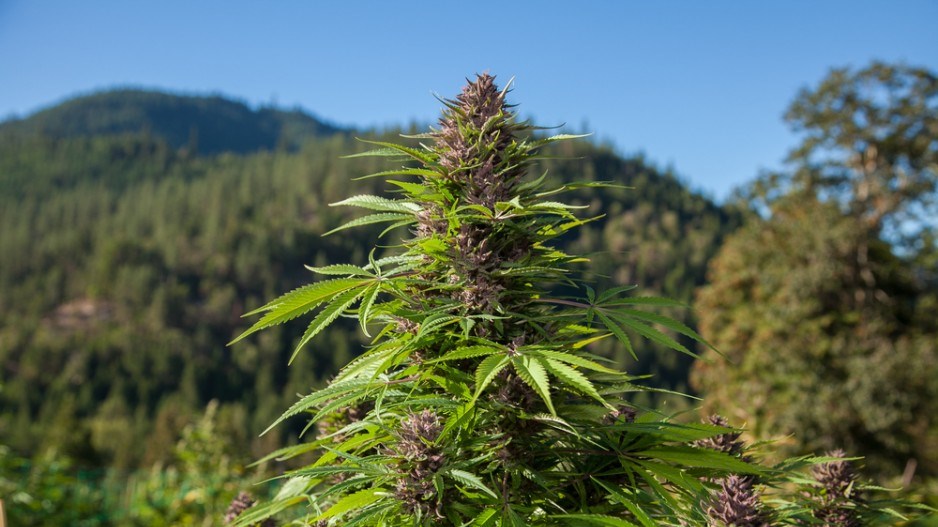Troubled cannabis grower CannTrust Holdings Inc.’s (TSX:TRST) ability to build operations in B.C. are in doubt thanks to Health Canada issuing the company with a non-compliance order. The company allegedly grew cannabis in five unlicensed rooms at a 12-room facility in Ontario, among other infractions.
After Ontario-based CannTrust on July 8 revealed that rebuke from the nation’s regulator, its shares fell more than 22% to close at a 52-week low of $5.
Investor fears centred on how severely the non-compliance order may impact the amount of cannabis that CannTrust is able to produce.
Previous Health Canada non-compliance orders at licensed cannabis producers resulted in B.C.-based Ascent Industries Corp. (CSE:ASNT) and Manitoba-based Bonify having their licences suspended. Ascent then sold its Canadian cannabis assets.
CannTrust bought 81 acres of land in B.C. that it had intended to convert into an outdoor grow-op. It originally forecast that it would grow 75,000 kilograms of cannabis from that land in 2019, but on July 3 confirmed that the site does not yet have a licence and that the highest production total possible on the site this year is now around 15,000 kilograms.
That amount, however, is contingent on cultivation launching in the first half of July. CannTrust said July 3 that if it fails to plant any crops at the B.C. acreage by August 5, “there will be no outdoor harvest in 2019.”
Could the Health Canada non-compliance order derail the company’s ability to get a licence for that site, at least this year?
“Absolutely it could,” Groundwork Consulting partner Jamie Shaw told Business in Vancouver.
“You would hope that they would be subject to some extra scrutiny. Some of the details around the [non-compliance] order were that some reporting was wrong, and there were crops growing where they weren’t supposed to grow. There were quite a few things [wrong.]”
MNP's B.C. leader for cannabis, Peter Guo, said there remains uncertainty over how the news will impact CannTrust's B.C. operations.
"Guaranteed they will be subject to extra scrutiny," he said. "The question then becomes, 'Does that impact their current in-process licence, or will it just be under more scrutiny?'"
He explained that being under more scrutiny might mean more of a bureaucratic delay than an outright rejection of a licence to grow cannabis outdoors in B.C.
CannTrust told BIV in a statement that it is having "ongoing dialogue with Health Canada regarding the application for outdoor grow in B.C. The company’s application for outdoor grow in B.C. and the current investigation in [Ontario] are separate matters.”
It gave more information about its B.C. operations in its July 3 release. CannTrust said that it expected to soon reach a definitive agreement for a long-term lease for an additional 160 acres of land in B.C. and that all of its outdoor land, or about 240 acres, would be prepared for planting at the beginning of the growing season in 2020. It plans to reveal where in B.C. its properties are once all lease agreements are finalized.
Its expectation is that the land will produce between 100,000 kilograms and 200,000 kilograms of cannabis in B.C. annually, according to the July 3 statement. That, however, is contingent on getting new Health Canada licences.
In other news related to CannTrust, BIV reported in April that when a consumer took a sample of CannTrust’s Kinky Kush cannabis to an unlicenced lab for testing, the result reportedly showed that the sample contained pesticide.
A separate concern was that the Kinky Kush sample was labelled as having 27% THC even though the lab test revealed that the sample contained just 19% THC.
While disparity in THC percentages can vary several percentage points within the same plant or within plants in a grow room, a disparity of eight percentage points was puzzling, Anandia Labs president John Coleman told BIV at the time.




